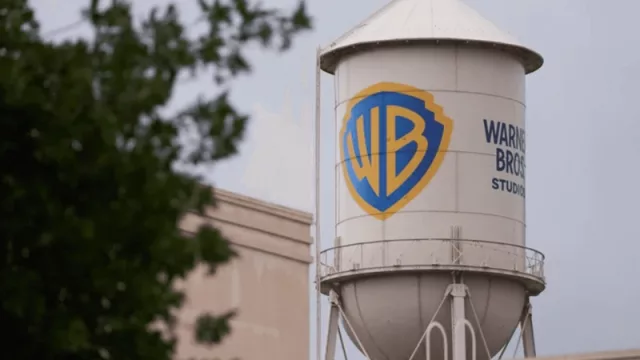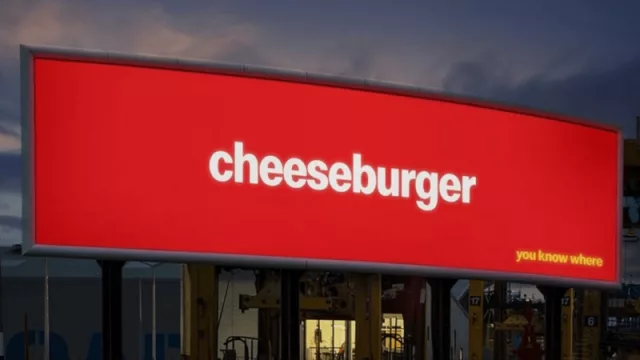An ever-growing number of financial companies and apps are offering consumers what are essentially small, short-term loans that combine instant gratification with interest- and fee-free payments spread out in the new year.
As an economist who studies holiday spending, I became intrigued with buy now, pay later plans while researching a book on the transition to a cashless society. I only heard about them in the past two or so years, but now many of my students are considering using the plans to buy holiday gifts. I wondered, are these offers too good to be true?
‘Tis the season
Consumer spending surges around the holidays as many people buy gifts for their loved ones, often to put under a Christmas tree.
This year, U.S. consumers are expected to spend nearly US$1 trillion – which would be a record amount – in November and December. That typically amounts to about 25% of all retail sales during the year as consumers increase their spending. Per person, that averages to about $830.
In the old days, before credit cards, consumers had few options to account for this surge in holiday spending – beyond simply setting aside personal savings. Some banks offered so-called Christmas savings clubs, in which customers could make automatic deposits throughout the year that they could use for gifts at the end. To ensure accounts were not raided early, there were financial penalties for early withdrawals. These penalties were then distributed to people who waited longer for their savings.
Retailers, for their part, created the layaway plan, which allowed consumers to reserve a product in return for a down payment, with further payments made throughout the year.
Credit cards came about in the 1950s, with Diners Club being the first multipurpose card. They allowed consumers to buy stuff and worry about paying for it later. The catch, of course, is that you have to pay the balance within a very short window to avoid high interest charges.
Buy now …
Buy now, pay later plans would seem to offer the best of both worlds: the ability to buy something immediately but without any cost – as long as you make payments on time.
Even better, many companies say they don’t check credit bureaus to decide who gets to participate in these plans, instead using their own algorithms to determine who might be a credit risk. This means people without any credit history like teenagers or new immigrants may be able to take advantage of these plans. It also means people who have maxed out their credit cards can also participate. About three-quarters of all applicants are approved almost immediately.
The general idea is simple: When you see something to purchase, you pay 25% immediately, then make three more payments every two weeks. In six weeks, the purchase is paid off.
The market for these types of loans is growing fast. The Consumer Financial Protection Bureau recently surveyed five lenders, including PayPal and Afterpay, that offer buy now, pay later plans and found that the total volume of such loans they offered surged from $2 billion in 2019 to $24 billion in 2021. One estimate suggests the total market will hit $1 trillion by 2025.
A 2021 survey found that electronics are the most popular item to purchase using buy now, pay later, followed by clothing and fashion items.
Given these companies charge no interest and no fees, how do they make money?
Two ways: They typically charge merchants a percentage of every purchase, and customers who are unable to complete their payments on time pay late fees.
Pay more later?
There are several downsides to buy now, pay later schemes.
One is that they can cause consumers to become overextended and spend more than they can fundamentally afford. One reason is the ease of signing up for these loans, which may take only a few clicks. A second is that the price may seem lower than it actually is because users may only see the per-payment rather than the total cost of the item.
The CFPB found that about 11% of borrowers were charged at least one late fee in 2021, which suggests they overspent. Late fees are typically around $7, which is about 5% of the average loan size of $135.
Another problem is these payment plans are not very forgiving when people get into financial trouble. About 90% of these loans are tied to a debit card, which means the payments are automatically deducted from the borrower’s bank account. So when someone misses a payment, it’s likely because there were insufficient funds in their account. Besides the late fee, these borrowers will also end up getting charged an overdraft fee. As a result, research has found that new users of buy now, pay later loans experience a rapid increase in overdraft charges.
While gift-giving over the holidays is an important part of the season, my advice is to be careful when taking advantage of these buy now, pay later loans. Don’t overextend yourself financially. If you are thinking about taking one of these loans, make sure you can really afford the payments.
Giving a gift that makes someone else happy but ruins your financial life is not a great trade-off.
Jay L. Zagorsky, Clinical associate professor, Boston University
This article is republished from The Conversation under a Creative Commons license. Read the original article.
![]()












Tu opinión enriquece este artículo: